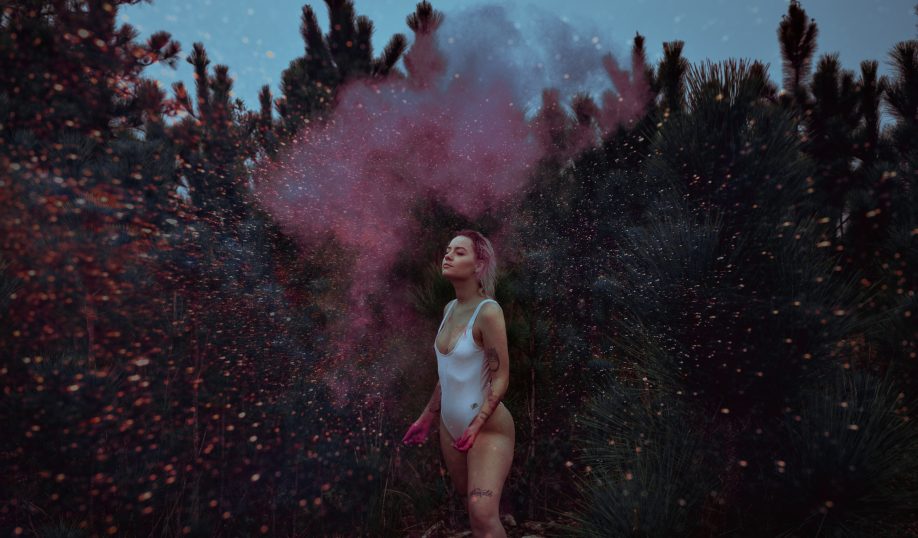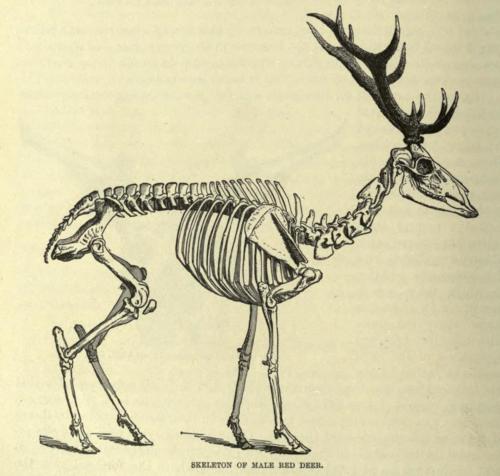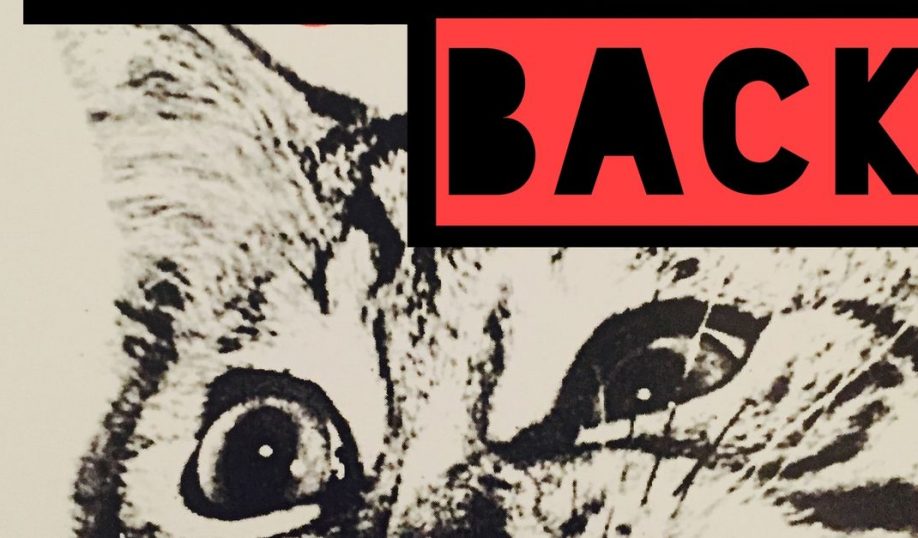by Courtney Morgan
TW: Sexual assault, rape culture, suicide
Last Friday, October 7, 2016, was a big day in the media for sexual assault. President Obama signed the historic Sexual Assault Survivor’s Bill into law. The same day, Access Hollywood released tapes of presidential candidate, Donald Trump, in 2005 bragging about his propensity toward, and ability and history of committing acts of sexual assault against women. And I, that evening, just happened to watch Audrie & Daisy—the documentary (which premiered at Sundance and released on Netflix September 23), about the sexual assault cases of two American teenage girls, Audrie Potts and Daisy Coleman. This imbroglio of mixed messages sort of felt like an average day in America—but it also painted a pretty clear picture of what needs to change.Continue Reading






